DuckDuckGo will now block Microsoft scripts in their browsers too, after controversy
3 min. read
Published on
Read our disclosure page to find out how can you help Windows Report sustain the editorial team. Read more
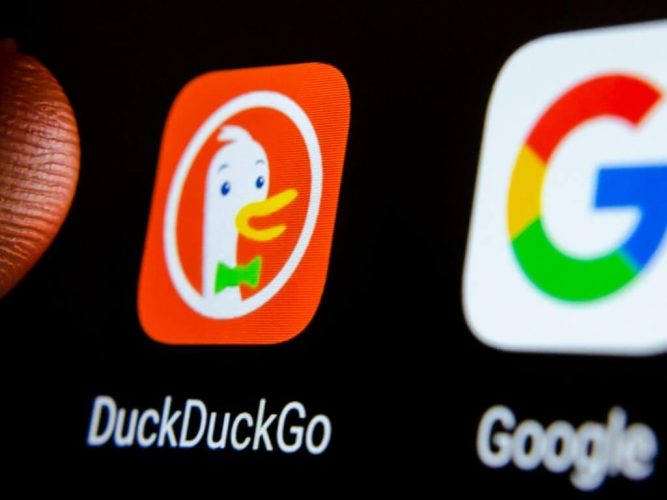
In May, we saw DuckDuckGo receive backlash from some users over its syndication agreement with Microsoft because it did not block Microsoft data flows, for LinkedIn or Bing. DuckDuckGo’s CEO, Gabriel Weinberg addressed the issues and indicated that they blocked most third-party trackers, however, their partnership with Microsoft limited their reach as far as Microsoft-owned properties were concerned.
But as it now appears, DuckDuckGo will now start blocking Microsoft tracking scripts on third-party websites too. This will expand its 3rd-Party Tracker Loading Protection, which already blocks identified tracking scripts from Facebook, Google, and other companies from loading on third-party websites.
With this system in place, users will be able to have some level of control as DuckDuckGo’s 3rd-Party Tracker Loading Protection will prevent 3rd-party trackers from launching completely. In turn, this reduces your susceptibility to security breaches where attackers are able to establish your IP address as well as other identifiers that come with loading requests that generally expose you to profiling. Ultimately enhancing your security.
Gabriel Weinberg further indicated in the blog post that, “we were limited in how we could apply our 3rd-Party Tracker Loading Protection on Microsoft tracking scripts due to a policy requirement related to our use of Bing as a source for our private search results. We’re glad this is no longer the case. We have not had, and do not have, any similar limitation with any other company”. He further indicated that Microsoft scripts were not embedded in the user’s search engine or applications and that they did not receive any personal information regarding users from this premise.
But as spotted by The Verge, DuckDuckGo will not block scripts for bat.bing.com that load directly after a user clicks on ad (this is not applicable in other cases) because they are used on advertisers’ sites to measure the level of ad effectiveness. However, you can opt out of this arrangement by choosing to disable ads via the browser’s search settings.
Despite its partnership with Microsoft when it comes to advertising, viewing of the ads will remain anonymous and Microsoft has further ascertained that users will not be profiled based on the ad clicks they make. The information gathered will be strictly restricted to accounting:
Advertising on DuckDuckGo is done in partnership with Microsoft. Viewing ads on DuckDuckGo is anonymous, and Microsoft has committed to not profile our users on ad clicks: “when you click on a Microsoft-provided ad that appears on DuckDuckGo, Microsoft Advertising does not associate your ad-click behavior with a user profile. It also does not store or share that information other than for accounting purposes.”
DuckDuckGo is also working on “an architecture for private ad conversions” which will help sever its ties and dependence on bat.bing.com when it comes to establishing the effectiveness of ads, instead, have it externally validated as non-profiling.
The browser strives to raise the standard of trust online by maximizing the user’s privacy. As such, they have publicized their browser extensions and non-beta apps and the tracker protection list as well as their Tracker Radar. This is an attempt to establish openness where users should be able to lodge complaints whenever they are faced with an issue, what’s more, they have introduced a new web page where you can learn more about web tracking protection.
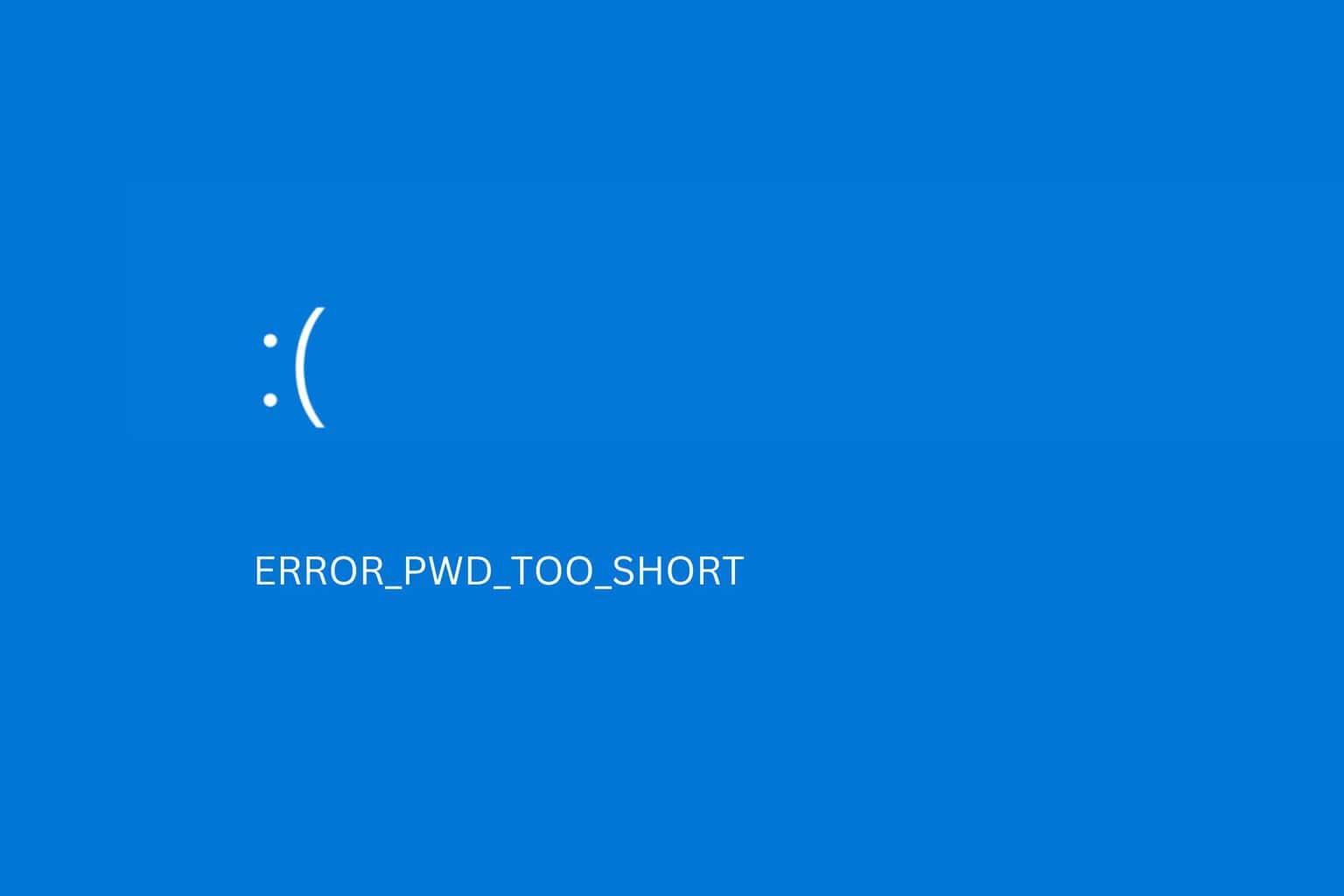

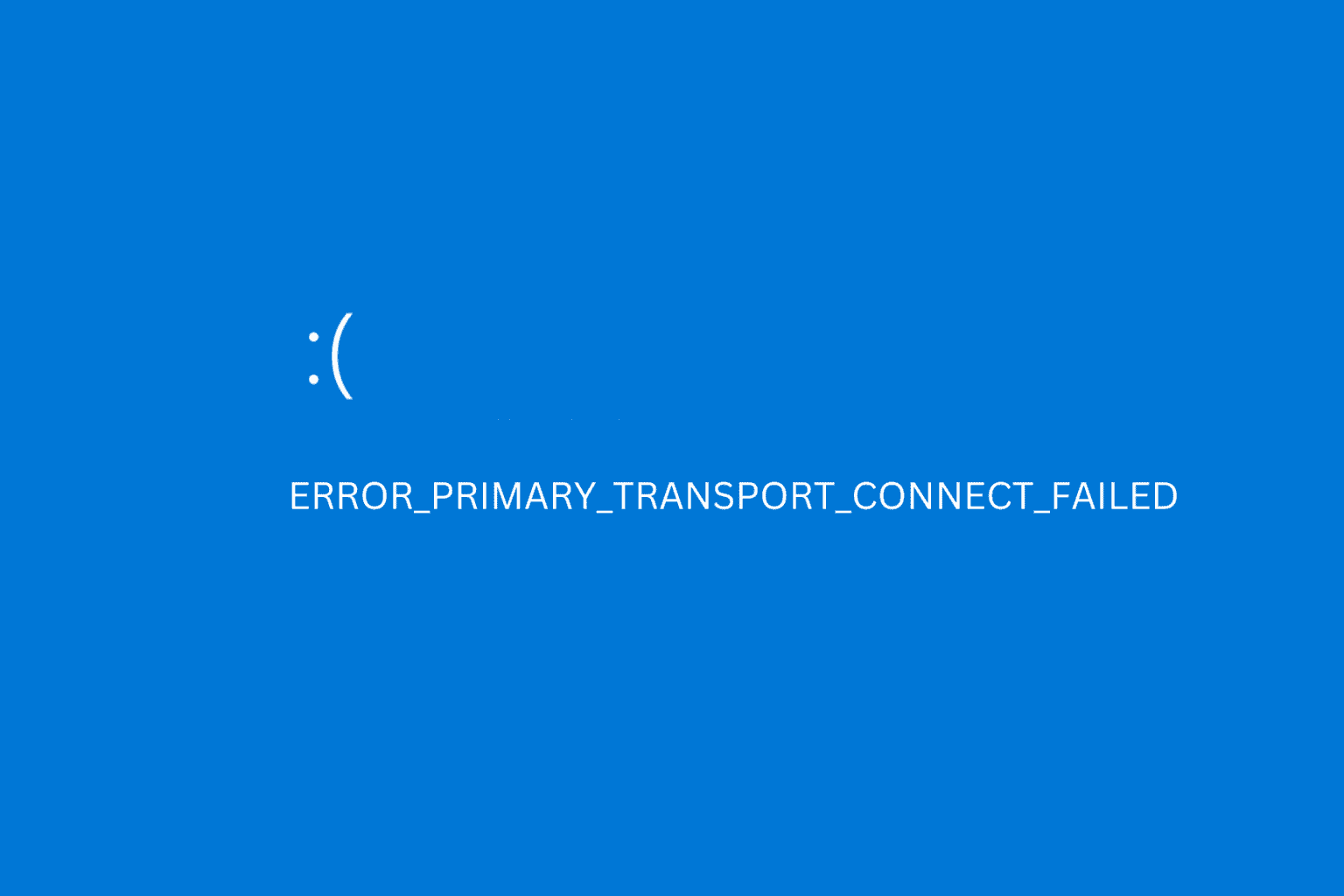


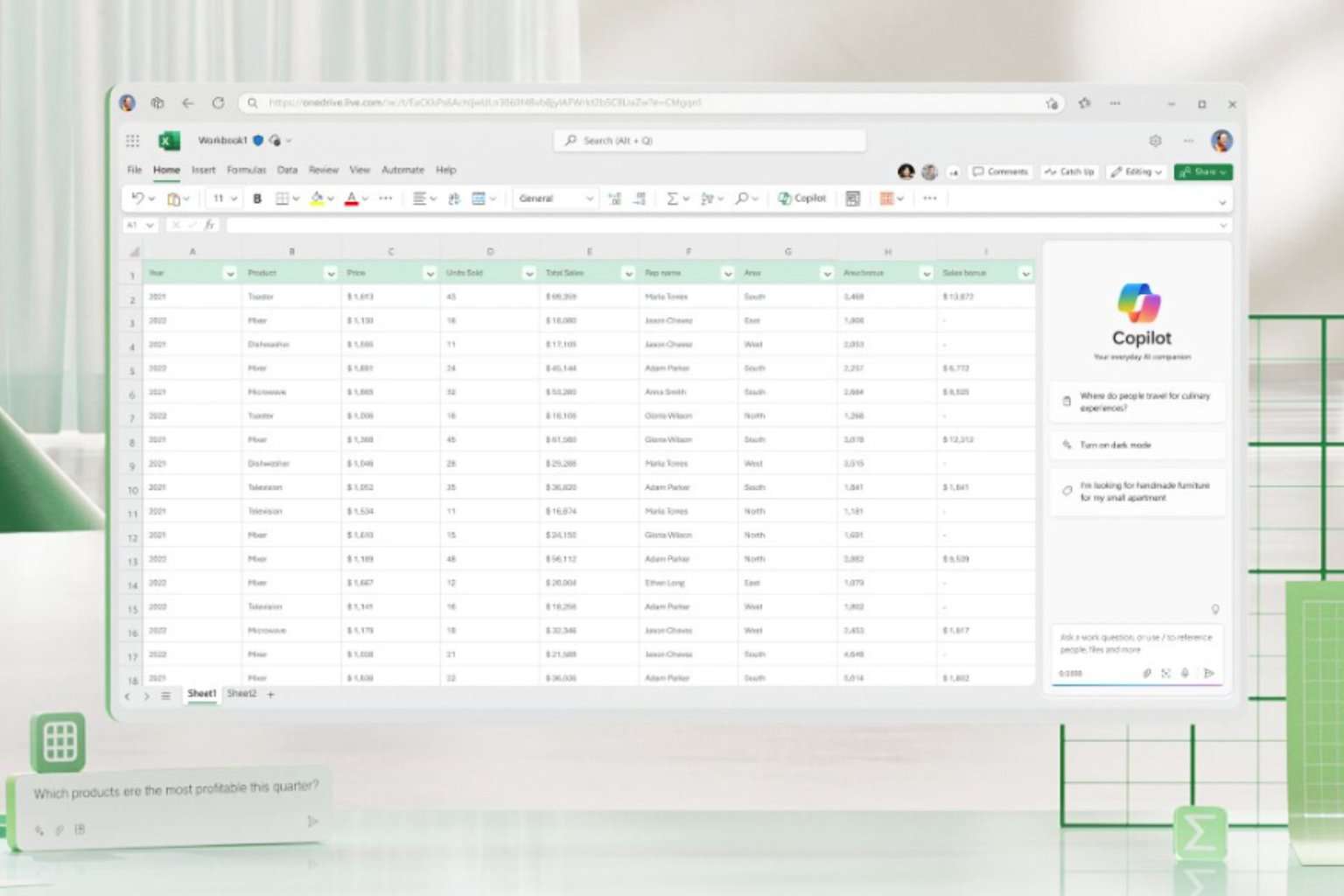

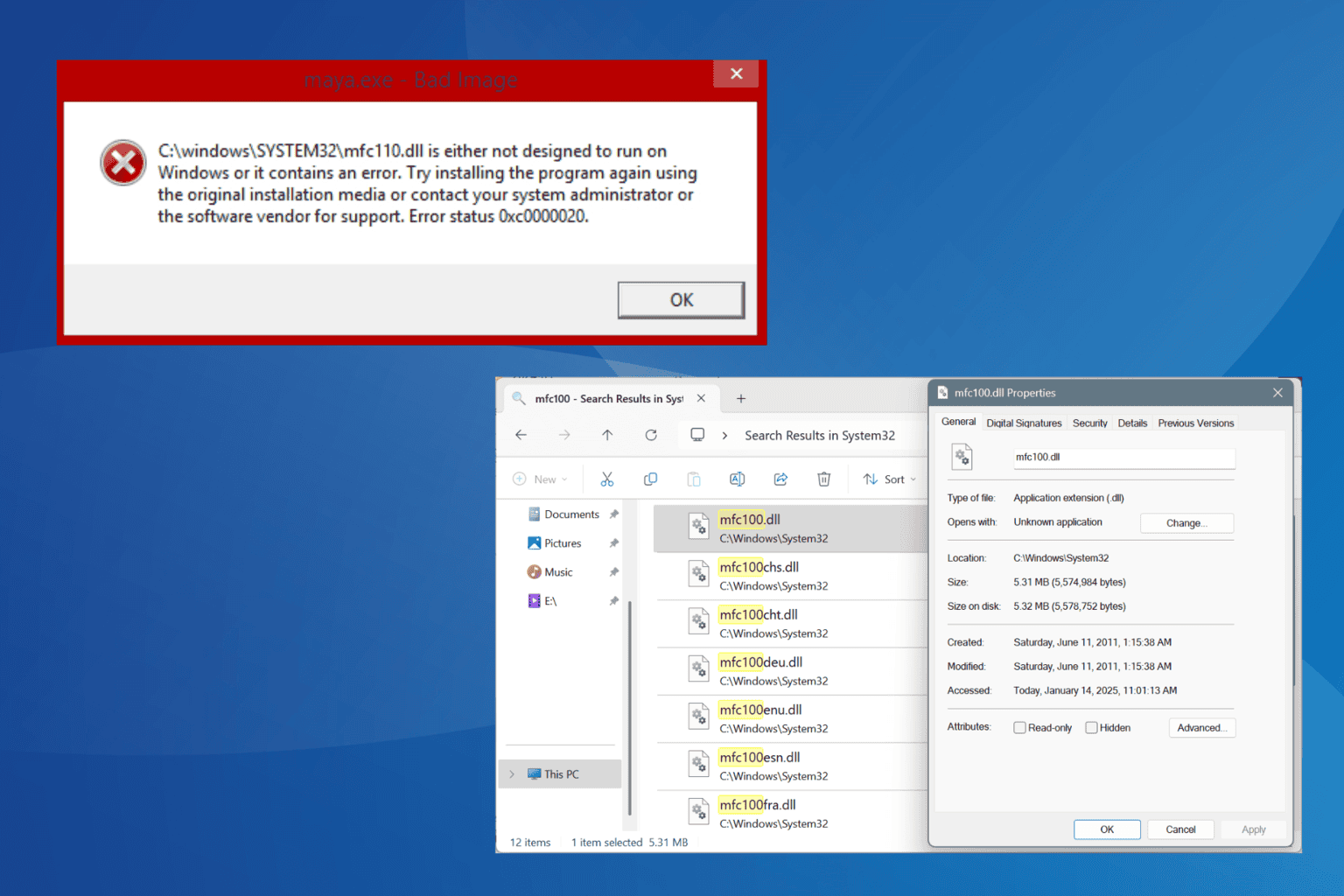
User forum
0 messages